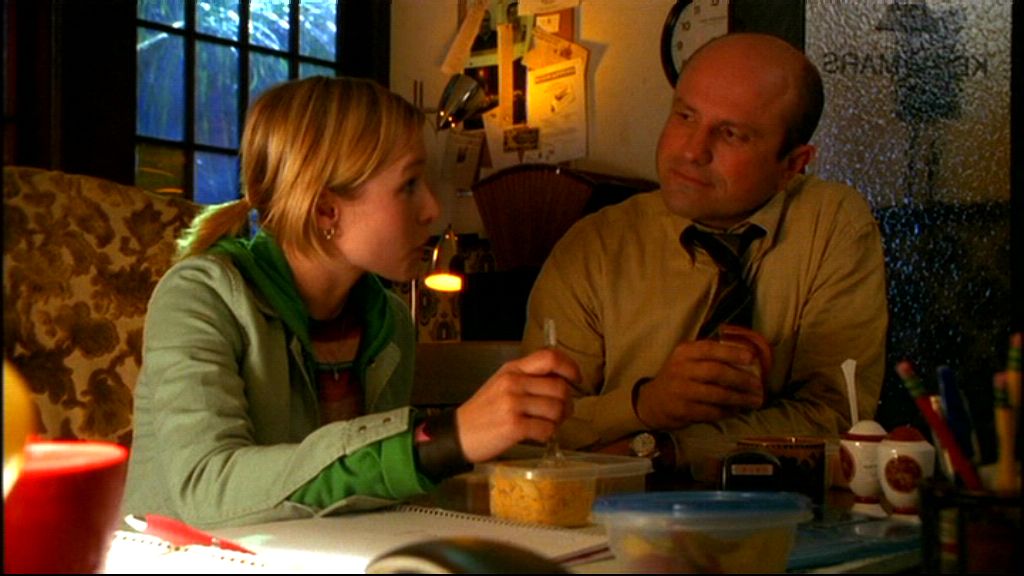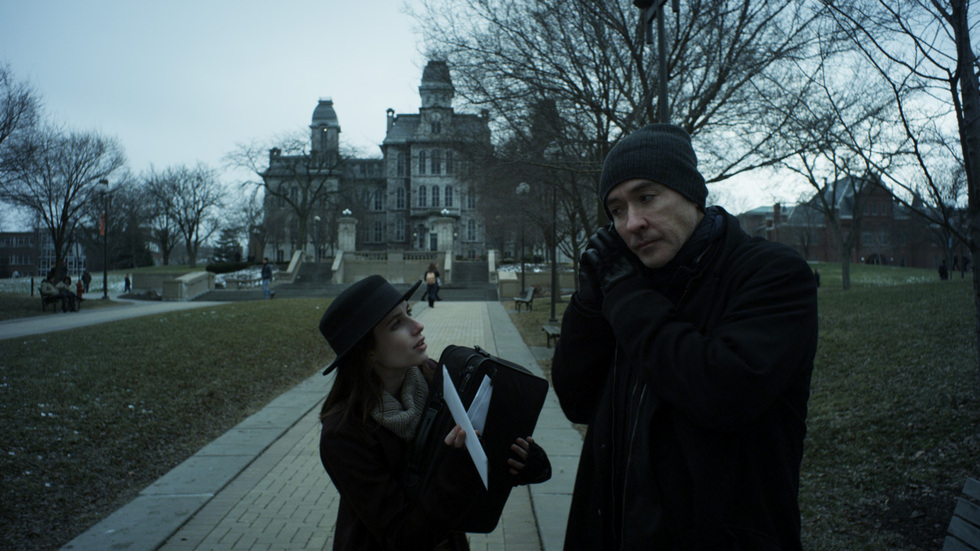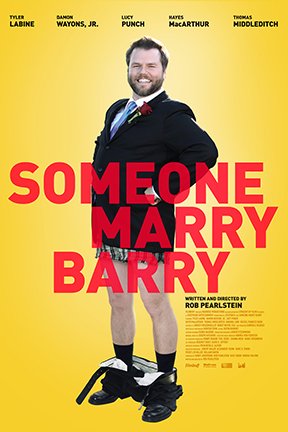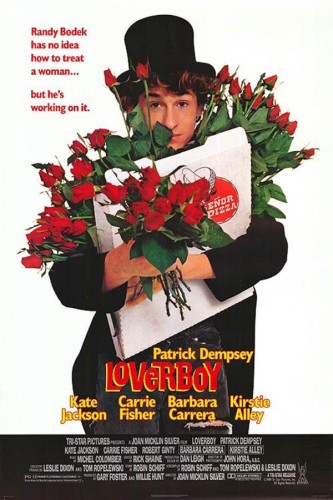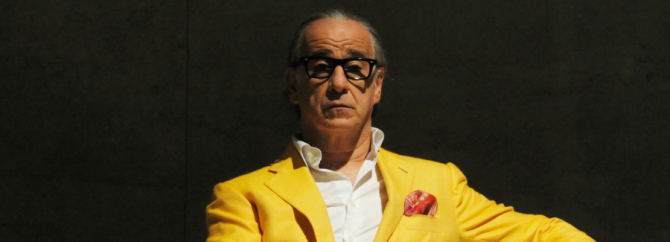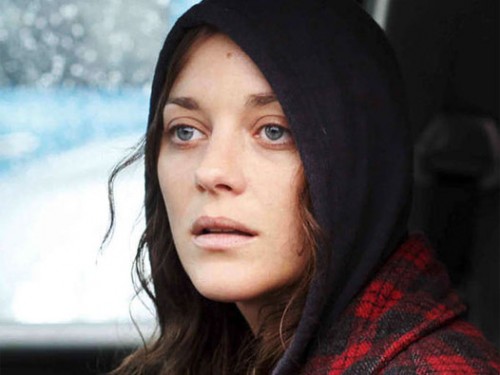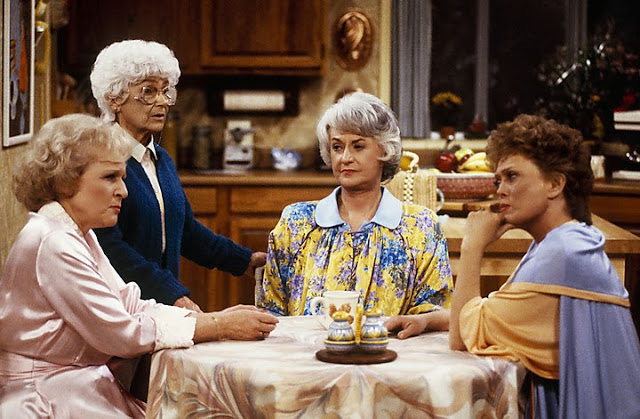In Honor of ‘Veronica Mars’: A Spotlight on Father-Daughter Relationships
Mainly though, the movie’s release has reminded us of all the supposedly simple and universal the show portrayed so well, the things that shouldn’t be notable in today’s movies and TV, but somehow are: a platonic male-female relationship, a strong friendship between teen girls who never came to blows over looks or boys, a willingness to hold its heroine accountable for her flaws, and above all, an amazing father-daughter relationship.
